I have the audio output of 2 computers connected to only one set of speakers.
Each computer uses one of these external USB sound cards:

And I use this splitter cable to wire the signals together:

The whole thing works, but with some minor problems:
- There's a little bit of noise when the speakers are set at max volume
- One audio signal sounds a bit louder than the other
- When recording the microphone input, sometimes the audio output of the other computer becomes the mic input
So obviously the two signals are interfering each other and also each signal finds its way into the other sound card because the splitter cable is meant to be a splitter and not a mixer.
So I thought if I could solve this by adding diodes to each side of the splitter cable so that each audio signal goes to the speakers only and not to the other sound card.

Will this idea work?
What kind of diode should I use for that?
